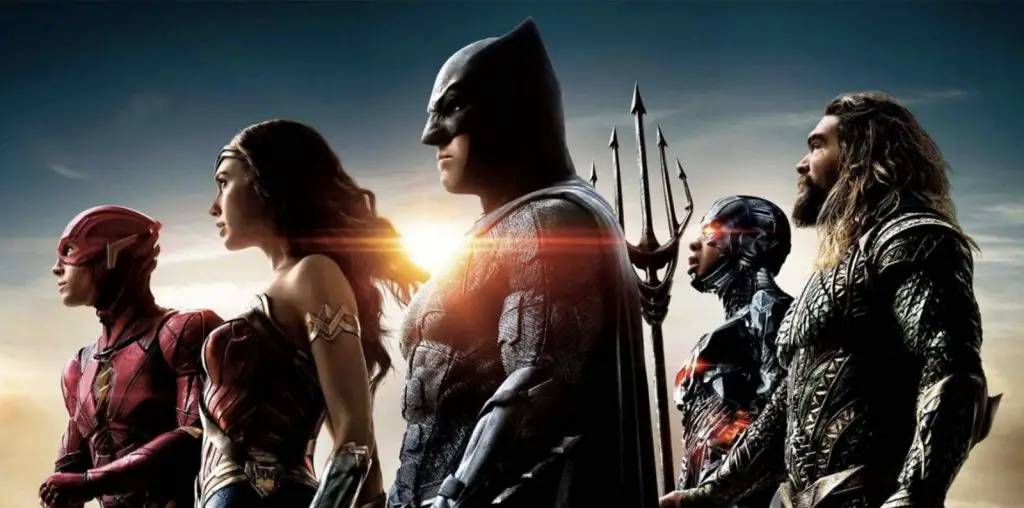
I was privileged with the pleasure of speaking to Frederick Wiseman about his newest film, Monrovia, Indiana (Film Threat Review). We met in the upstairs offices of one of the best and longest runnings repertory cinemas in NYC, The Film Forum. Wiseman directed over 45 films including Titicut Follies, High School, Ex Libris and more. His latest opus takes place in the small Midwestern town of Monrovia; a town with a population of a little over 1,000 people. It’s exactly what you’d envision if someone said “The American Heartland.”
Wiseman had never captured a small town in the American Midwest through film before, and a friend of his led him to Monrovia. The citizens were mostly all helpful and enjoyed the finished product. I asked if there was anyone who declined to participate in the film and only one person did. A man with an extensive collection of vintage cars and farm equipment, which would’ve been a fascinating addition to the film, but in the words of Wiseman, “He was probably afraid someone would steal them.”
Two of the more surprising scenes in Monrovia, Indiana involve a funeral of a beloved citizen, Shirley, and a Masonic ceremony, awarding a Monrovia man for being in the Masons for over 50 years.
“I’m surprised you were able to record a Masonic ritual. I always considered the masons to be extremely secretive,” I said after asking him about it.
“Me too,” Wiseman exclaimed, after telling me that he had to go through a good amount of channels to get permission, including the lodge master of the Monrovia Chapter and the head of the Indiana chapter, but they gave an all clear.

“…had to go through a good amount of channels to get permission, including the lodge master…and the head of the Indiana chapter…”
In regards to the funeral, Wiseman said “We were given permission, and we tried to stay out of everyone’s way. We shot from the side, and there were mics on the stage…not the stage…the altar of the church.”
Wiseman recorded 140 hours of footage for Monrovia which he says is “pretty standard,” and he also edits all his own footage, mostly alone, but sometimes with an assistant.
“That’s the dream—,” I started as Mr. Wiseman emphatically interjected, “it is the dream!” I told him that with most films, the “director’s cut” is always my preferred version if that isn’t what comes out initially. To have that freedom is somewhat of a rarity, but Wiseman has earned that freedom to do what he wants through years of hard work.
Mr. Wiseman is an incredibly down to Earth person for being a widely celebrated filmmaker. We discussed his time in the military in my home state of Georgia. He was stationed in Columbus at Fort Benning, and much enjoyed the public library and riding horses at a nearby ranch where a retired sergeant gave riding lessons. We also talked about comfortable shoes. He’s a very relaxed, casual guy, which was good news for me as I was incredibly intimated going into the interview due to his impressive oeuvre.
I had read in my research that he hated the terminology of “cinema verite” in regards to his films. He said “Cinema Verite is just some pompous thing the French came up with, fly on a wall is insulting…..why can’t we just say movies? What’s wrong with movies?”
“So do you find labels annoying?,” I asked him.
“I don’t use them,” He replied.

“…Cinema Verite is just some pompous thing the French came up with…”
He went on to say that it is “impossible” for a documentary to be objective. “Even if you had 360 cameras in 360 places, you wouldn’t catch everything.” From the setting to the shots to the subject matter, Wiseman believes passionately everything is a choice.
He also considers his films to be narrative, though a good amount of Monrovia, Indiana is silent, the scenes and the themes still convey a story. It’s just more subtle than say an Errol Morris or Michael Moore film, which in my opinion is where the power of most of his films, including Monrovia lies.
I concluded asking him “Do you plan to keep on going?”
“Yeah, as long as I can still walk,” he joked.
“Do you have any ideas floating around, are you working on anything?” I asked.
“I have some ideas, but I don’t like to talk about anything until it’s out,” he responded, and I told him about how I agree in regards to my own creative pursuits. He felt that when you reveal an idea to the world before its completed that often it leaves that idea dead in the water. I also remember going to different events and hearing actors or directors talking about projects they were doing in the near future, and years have passed with no such project coming to light.
So, we’ll have to wait sometime to figure out what Frederick Wiseman is up to next, but in the meantime, we can all enjoy the subtle complexities of Monrovia, Indiana and many other wonderful films that he has already woven into the public consciousness.

